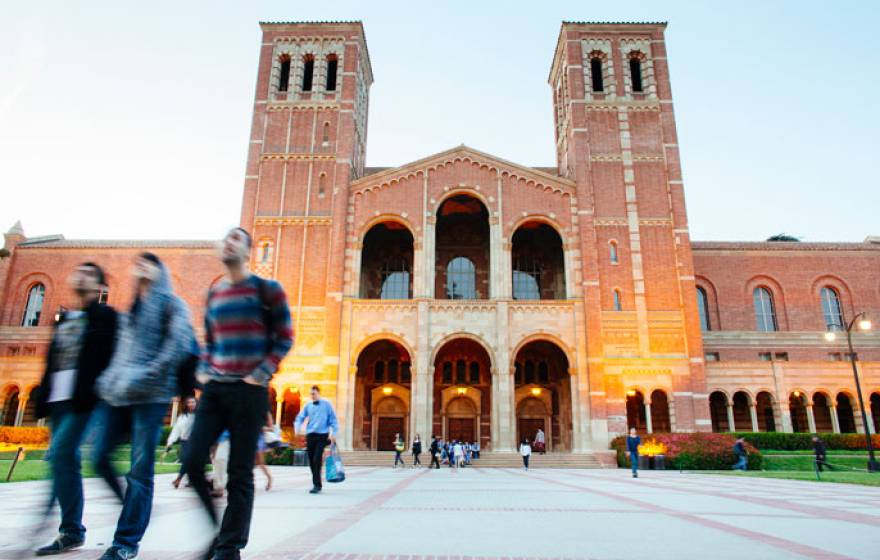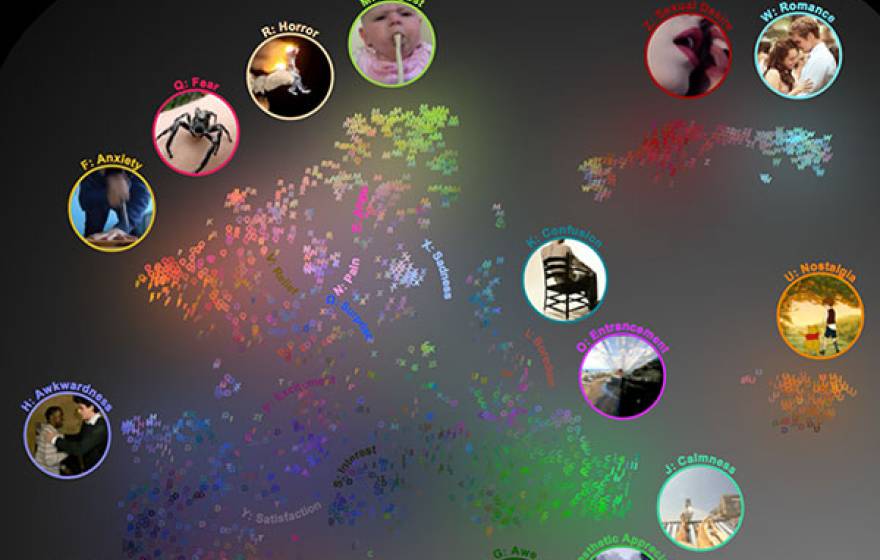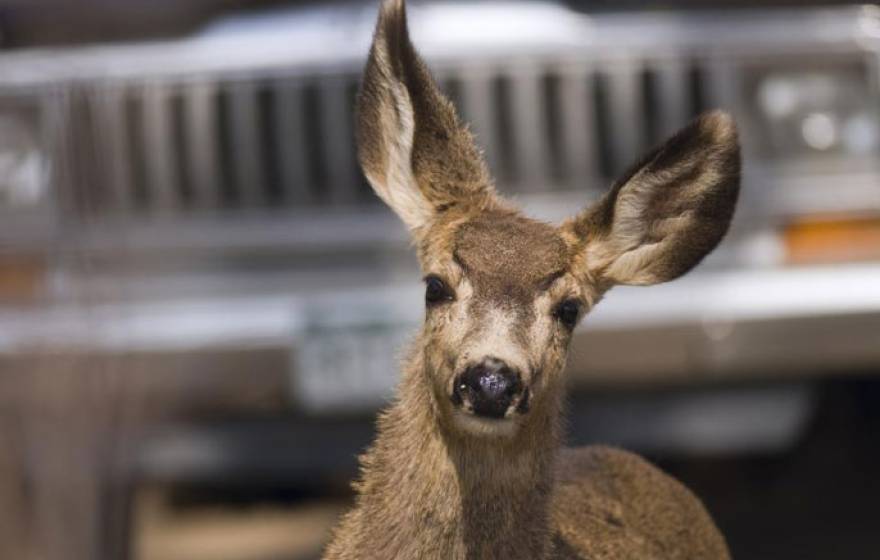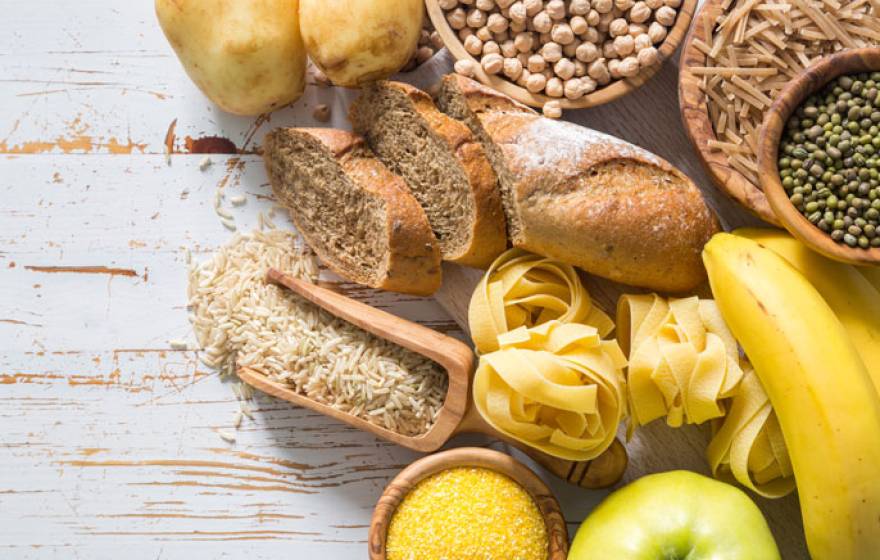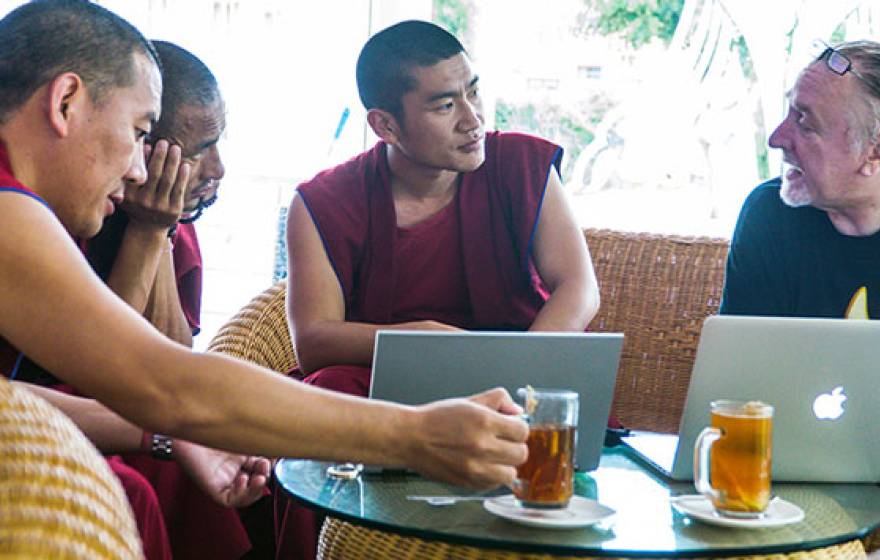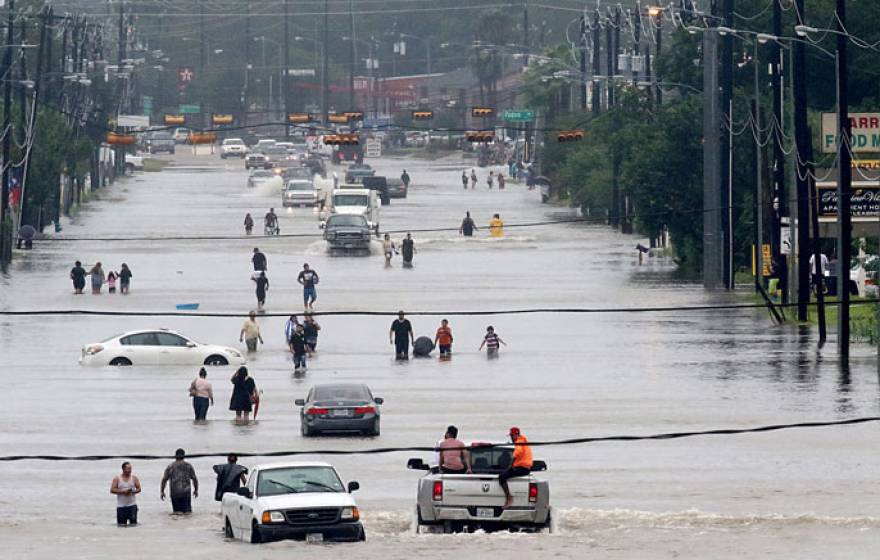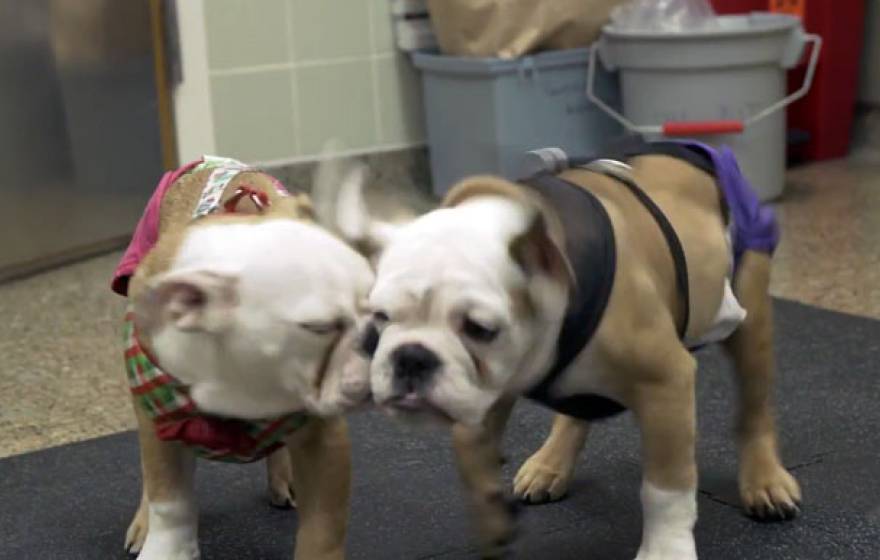How we encourage our kids affects their ability to deal with setbacks honestly, a new study shows.
Kids praised for being smart more likely to cheat
UC campuses named among the best in the world
New Times Higher Education ranking puts eight UC campuses in the global elite.
More education linked to better cognitive functioning later in life
Higher levels of education may help stave off age-related cognitive decline, researchers find.
Emoji fans take heart: Scientists pinpoint 27 states of emotion
Enjoyable GIFs actually reveal the full range of the human heart.
What roadkill is costing California
Collisions with wildlife were up by 20 percent in 2016.
Eat fats, live longer?
Mouse study shows forgoing carbs increases longevity, strength.
How love leads us by the nose, explained
Neuroscientists ID the roots of attraction.
Seeing health in a cultural context
Belinda Campos' studies find the Latino approach to relationships reduces anxiety, among other benefits.
UC President Napolitano calls upon academics to speak out in challenging times of ‘fake news,’ falsehoods
At the American Political Science Association’s (APSA) annual meeting today (August 31), University of California President Janet Napolitano challenged the higher education community to help the public distinguish between truth and divisive falsehoods, and to speak out against intolerance and bigotry.
Summer school for Buddhist monks
Researchers engage in the scientific method at Indian monasteries.
Hurricane Harvey shows how we underestimate flooding risks in coastal cities, scientists say
UC Irvine hydrologists have developed a better method for anticipating a storm's impact.
Puppies benefit from stem cell treatment for children with spina bifida
A UC Davis-developed therapy that shows great promise helps two pups in need.

